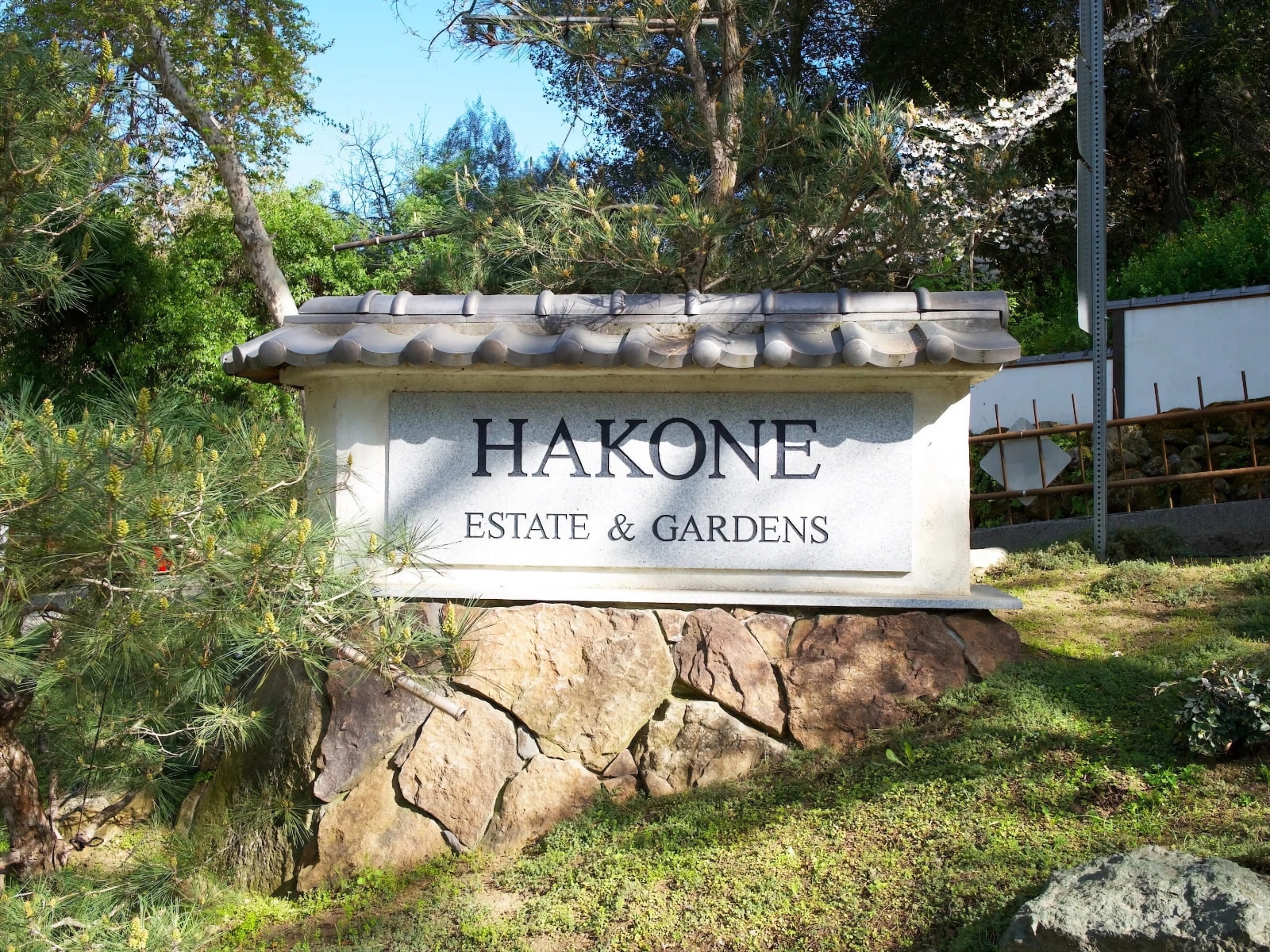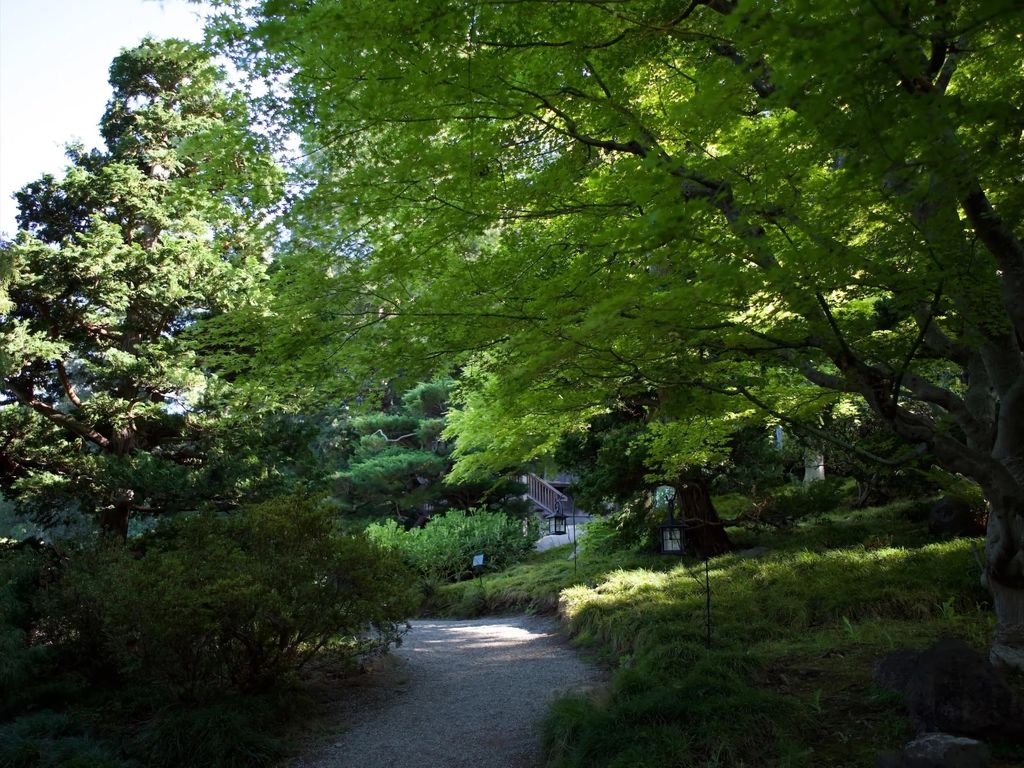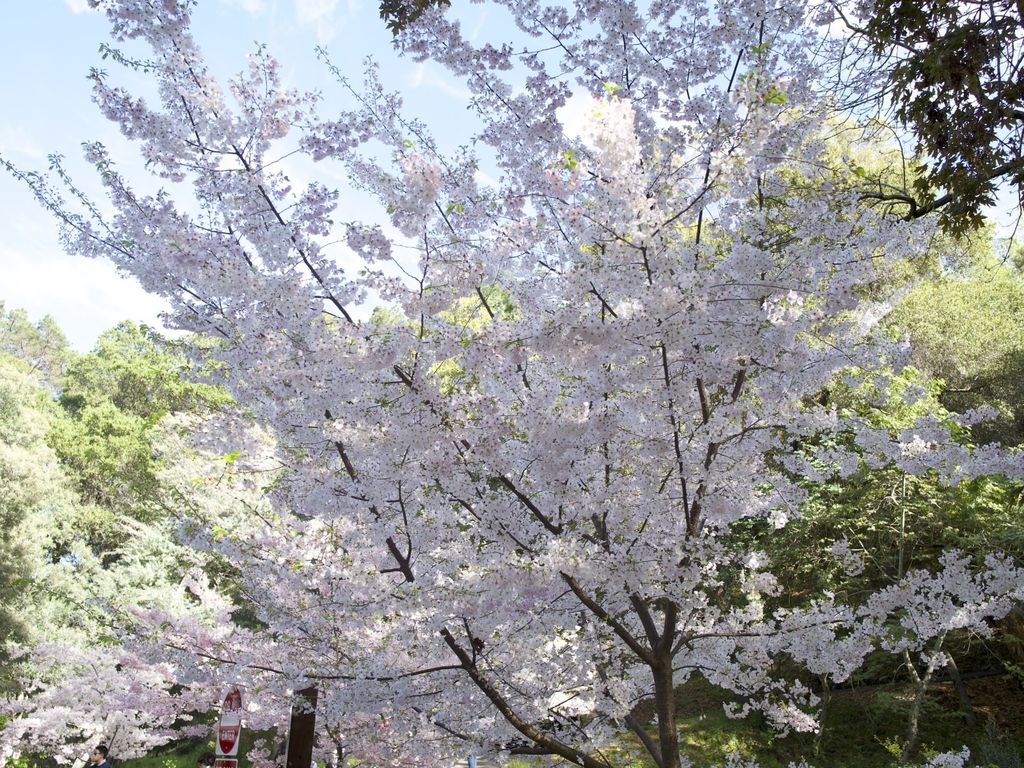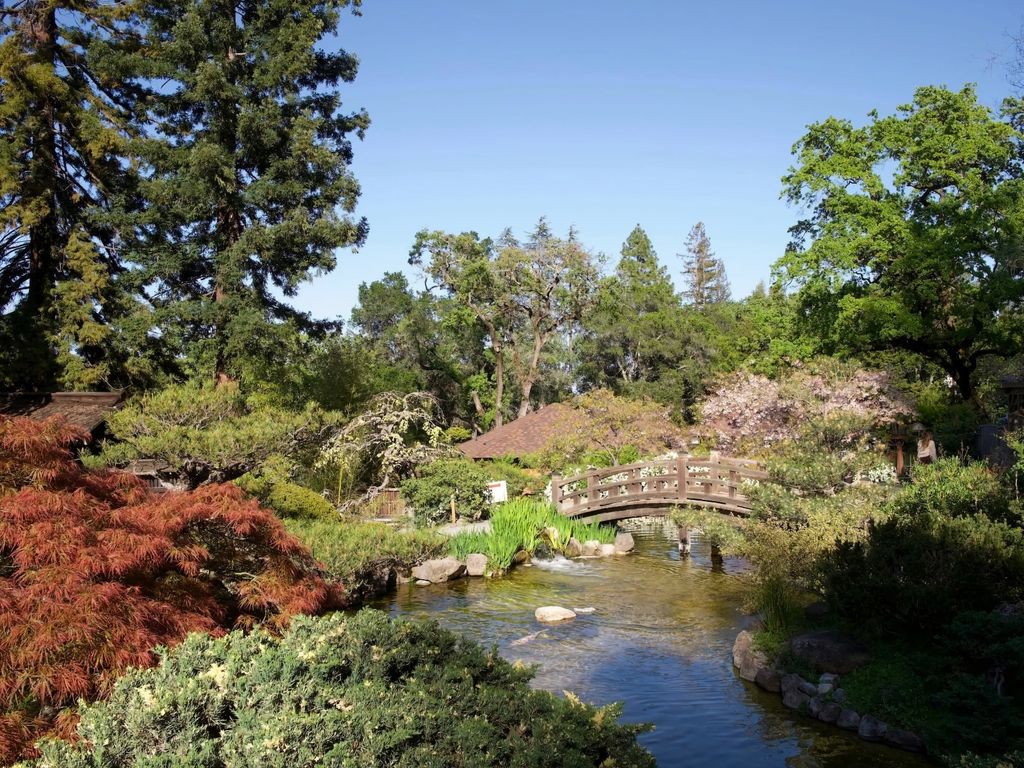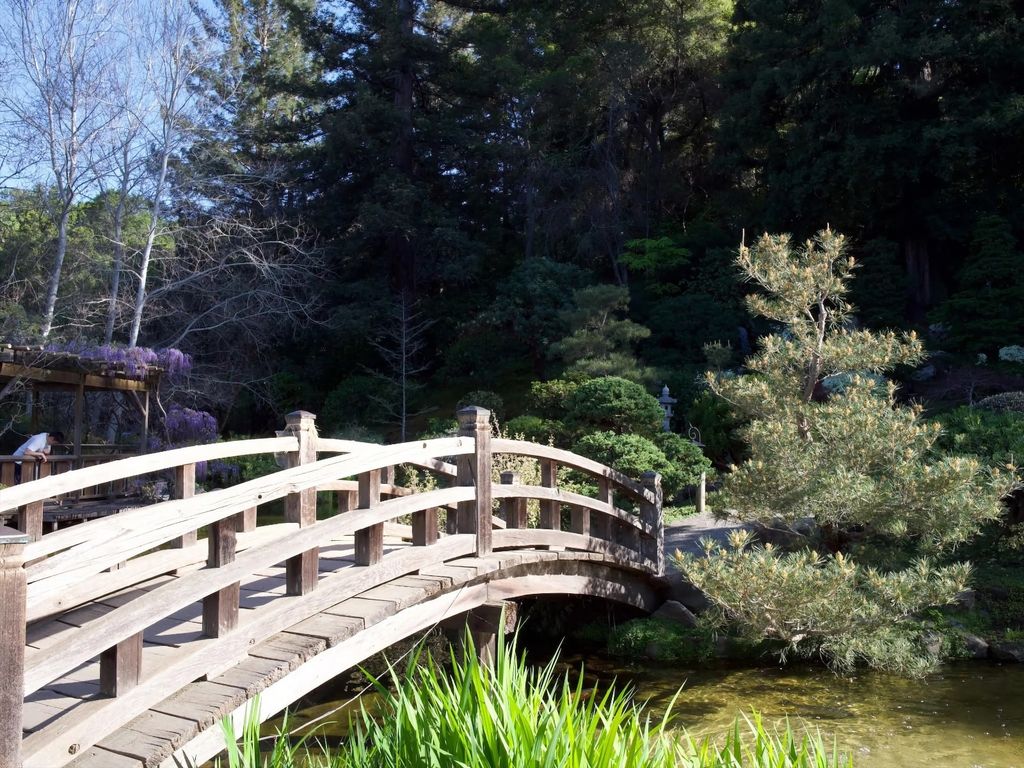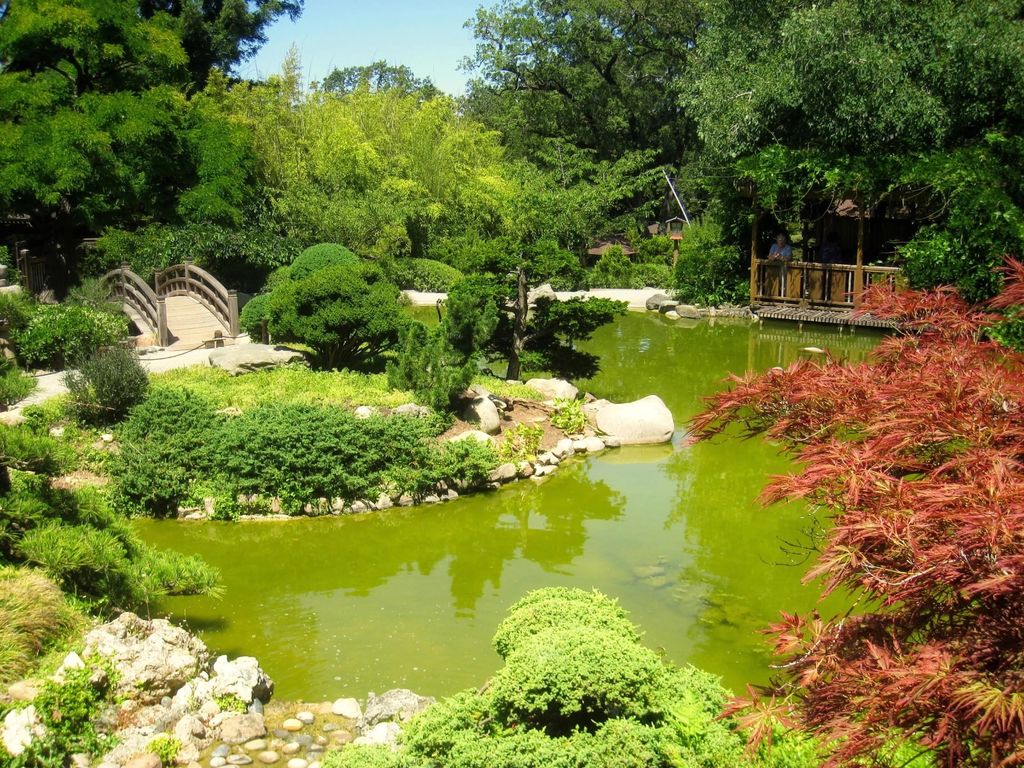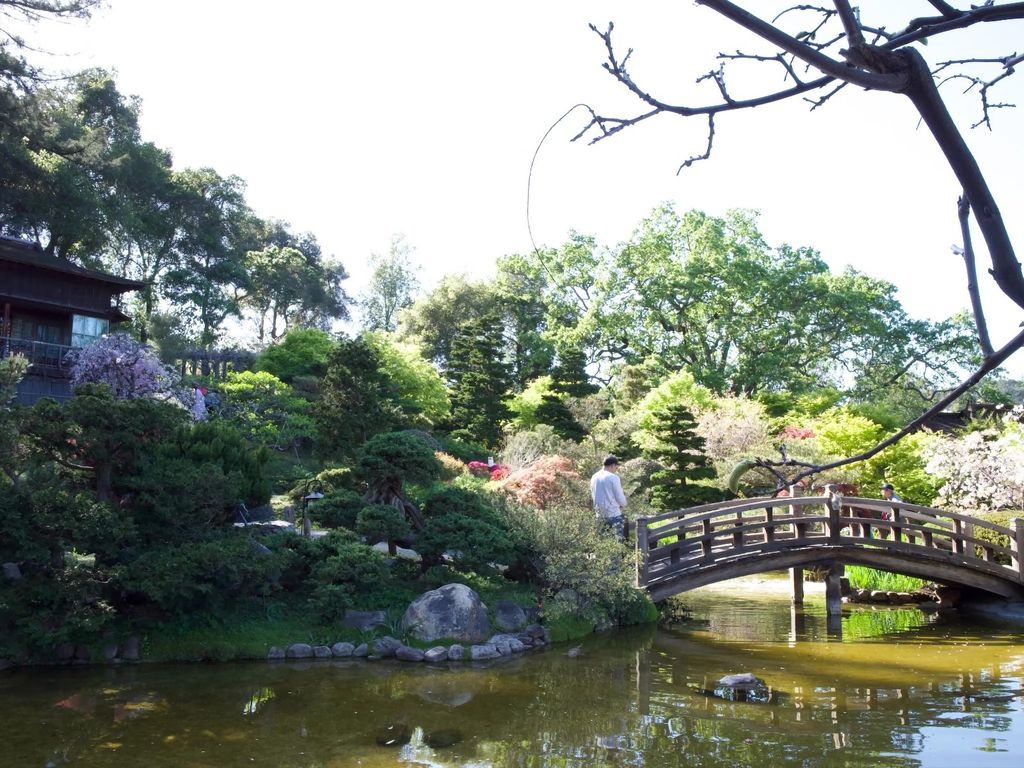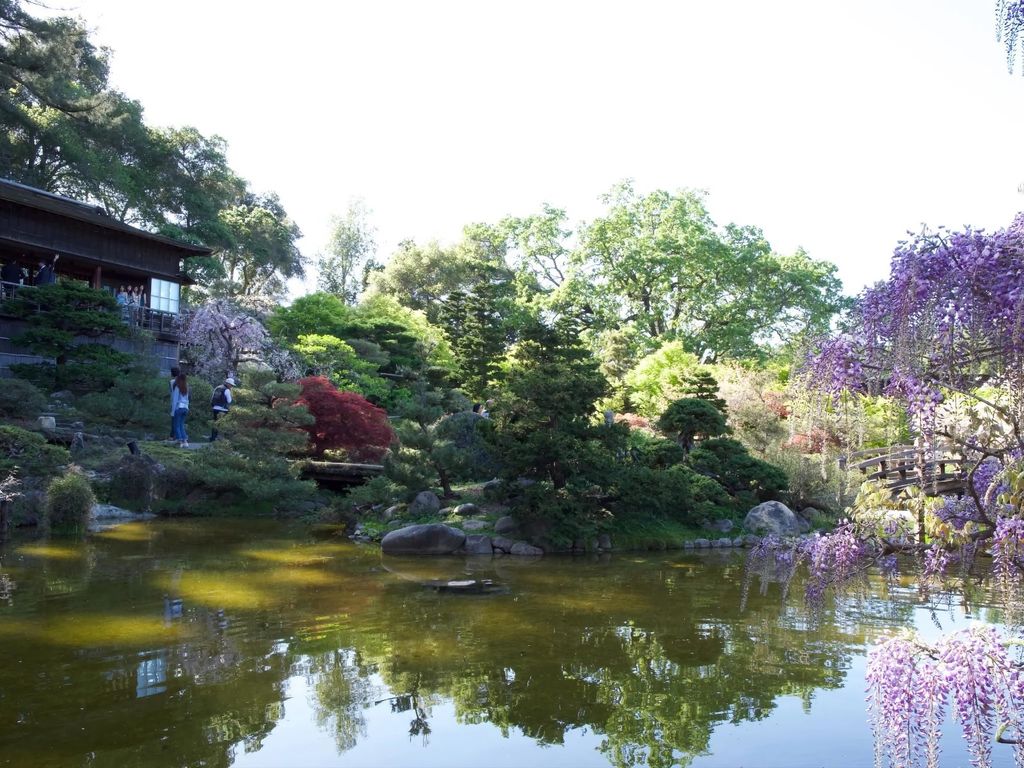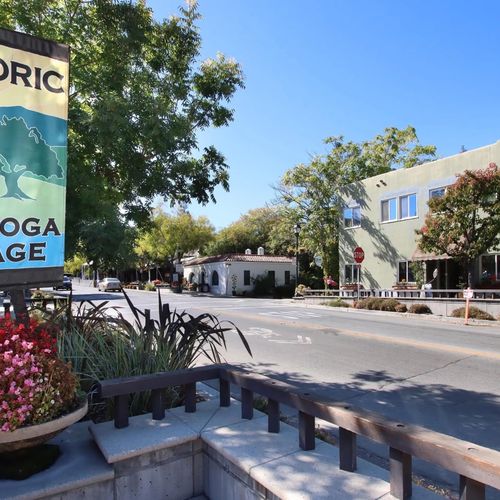Hakone Gardens in Saratoga holds a unique place in the annals of American history. It is one of the oldest Japanese estate, retreat, and gardens in the Western Hemisphere, and is considered one of the National Trust for Historic Preservation’s premier sites.
This article will provide an in-depth exploration of Hakone Gardens, its history, features, and significance.
Overview
Located in the verdant hills of Saratoga, California, Hakone Gardens spans over 18 acres of land. This magnificent site overlooks Silicon Valley and features several traditional Japanese gardens, tea houses, and a Cultural Exchange Center. Since its inception, Hakone has become a popular destination for those seeking a tranquil and serene environment amidst the hustle and bustle of Silicon Valley.
History
Hakone Gardens’ history dates back to 1917. It was built by San Francisco arts patrons, Oliver and Isabel Stine, who were inspired by the Panama–Pacific International Exposition and a subsequent trip to Japan in 1916. They hired Japanese landscape artists and architects to design the gardens and the Upper “Moon Viewing” House.
The estate changed hands in 1932 when it was purchased by financier Charles Lee Tilden. Tilden made several additions to the gardens and hired landscape gardener James Sasaki. After Tilden’s passing, Hakone was inherited by his sister, Mrs. Walter Gregory, and later put up for sale by her son after her death in 1959.
In 1961, a group of private investors bought the estate and restored it while maintaining its traditional Japanese authenticity. In 1966, the City of Saratoga purchased the property, saving it from potential redevelopment. Hakone was added to the National Register of Historic Places in 2013 and has been administered by The Hakone Foundation since 2000.
Features
Hakone Gardens is home to several notable features, including a bamboo garden, a Zen garden, a strolling garden (the Hill and Pond Garden), and the Cultural Exchange Center, which is an authentic reproduction of a 19th-century Kyoto tea merchant’s house and shop.
Operating Hours
Hakone Gardens is open to the public year-round, with varying operating hours depending on the season. From November to February, the gardens are open from 10 am to 4 pm on weekdays and 11 am to 4 pm on weekends. From March to October, the hours are extended to 5 pm. The gardens are closed on Christmas Day and New Year’s Day.
Hakone Estate Sale and Exhibitions
Throughout the year, Hakone Gardens hosts several events and exhibitions, such as the Estate Sale & Kimono Sale and CEC Exhibition: The Art of Origami. It also provides updates about which plants are currently blooming in the gardens.
Photography at Hakone
Hakone Gardens encourages photography for personal use, given the breathtaking scenery and landscapes it offers. However, those planning to use the gardens as a backdrop for photo shoots must obtain a photography permit.
Support Hakone
Visitors can support Hakone Gardens in several ways. Donations are always welcome and directly support garden improvements and operations. Another way to support the gardens is by becoming a member, which offers benefits such as discounts at the Hakone Gift Shop.
Hakone Gardens Master Plan
In 2016, the City Council and Hakone Foundation Board adopted a master plan for the gardens. This plan serves as a long-term vision for the restoration of existing structures, gardens, and potential future additions.
Hakone Gardens as a Filming Location
Hakone Gardens has also served as a filming location for several films, including the famous “Memoirs of a Geisha” (2005).
Gardens and Structures
There are four principal gardens at the site – The Hill and Pond Garden, The Zen Garden, The Tea Garden, and The Bamboo Garden. The historic structures on-site were constructed using traditional Japanese designs and carpentry, including the Upper House, Lower House, and Tea Waiting Pavilion.
Hakone Foundation
Hakone Gardens is managed and maintained by the Hakone Foundation, a non-profit organization. The Foundation was established in 2000 to restore and enhance the gardens independently of public funding.
Conclusion
Hakone Gardens is more than just a beautiful garden or historic site; it’s a symbol of cultural exchange and preservation. Whether you’re a history buff, a nature lover, or a film enthusiast, Hakone Gardens offers something for everyone.
